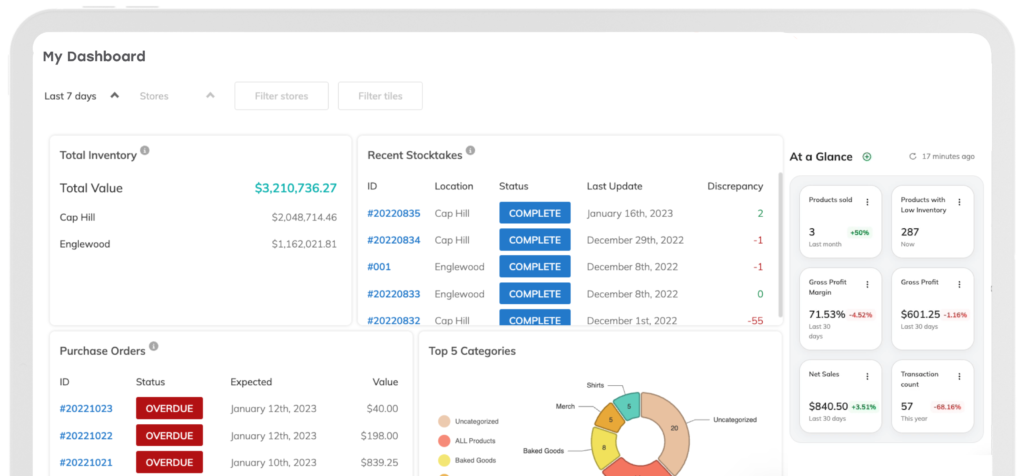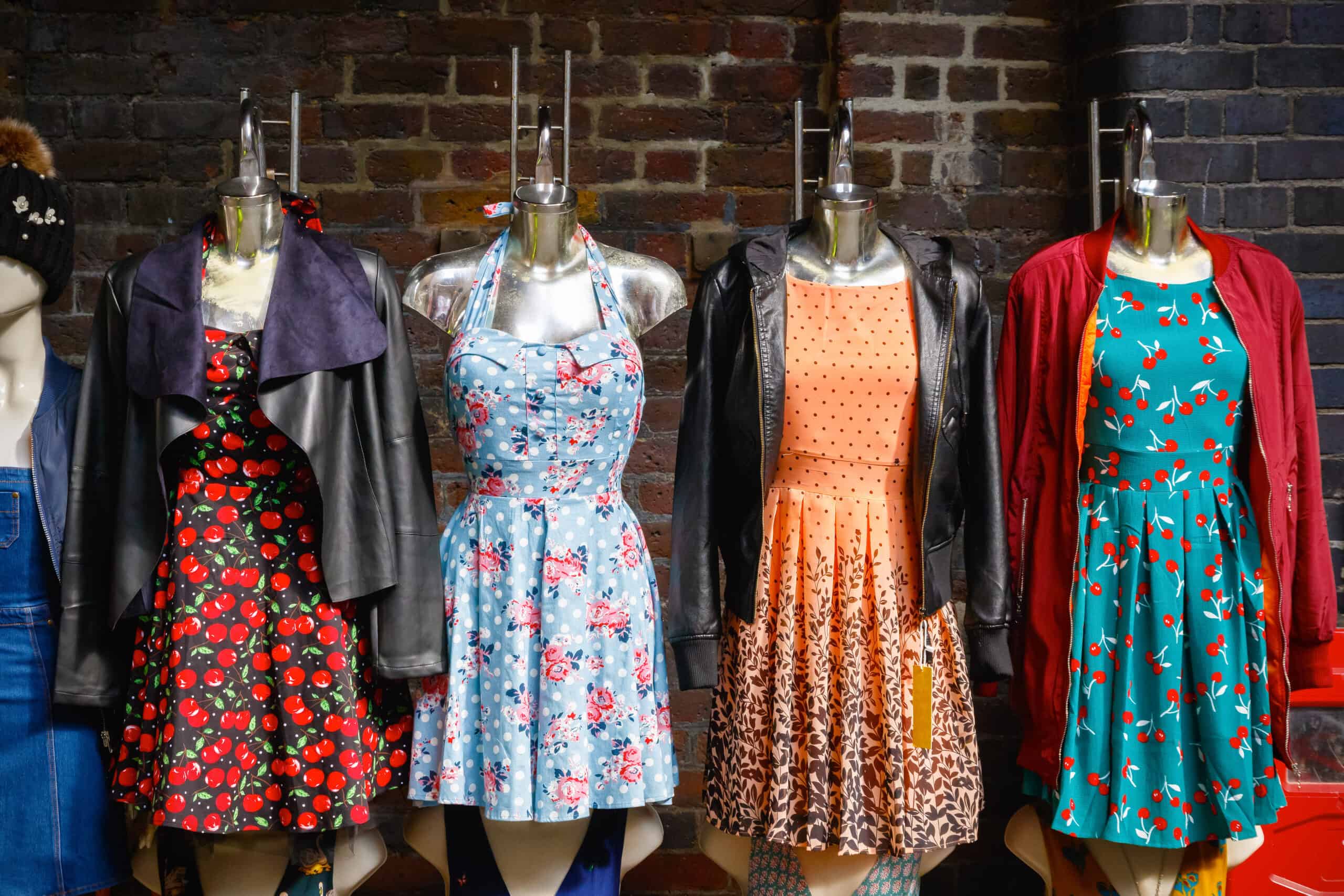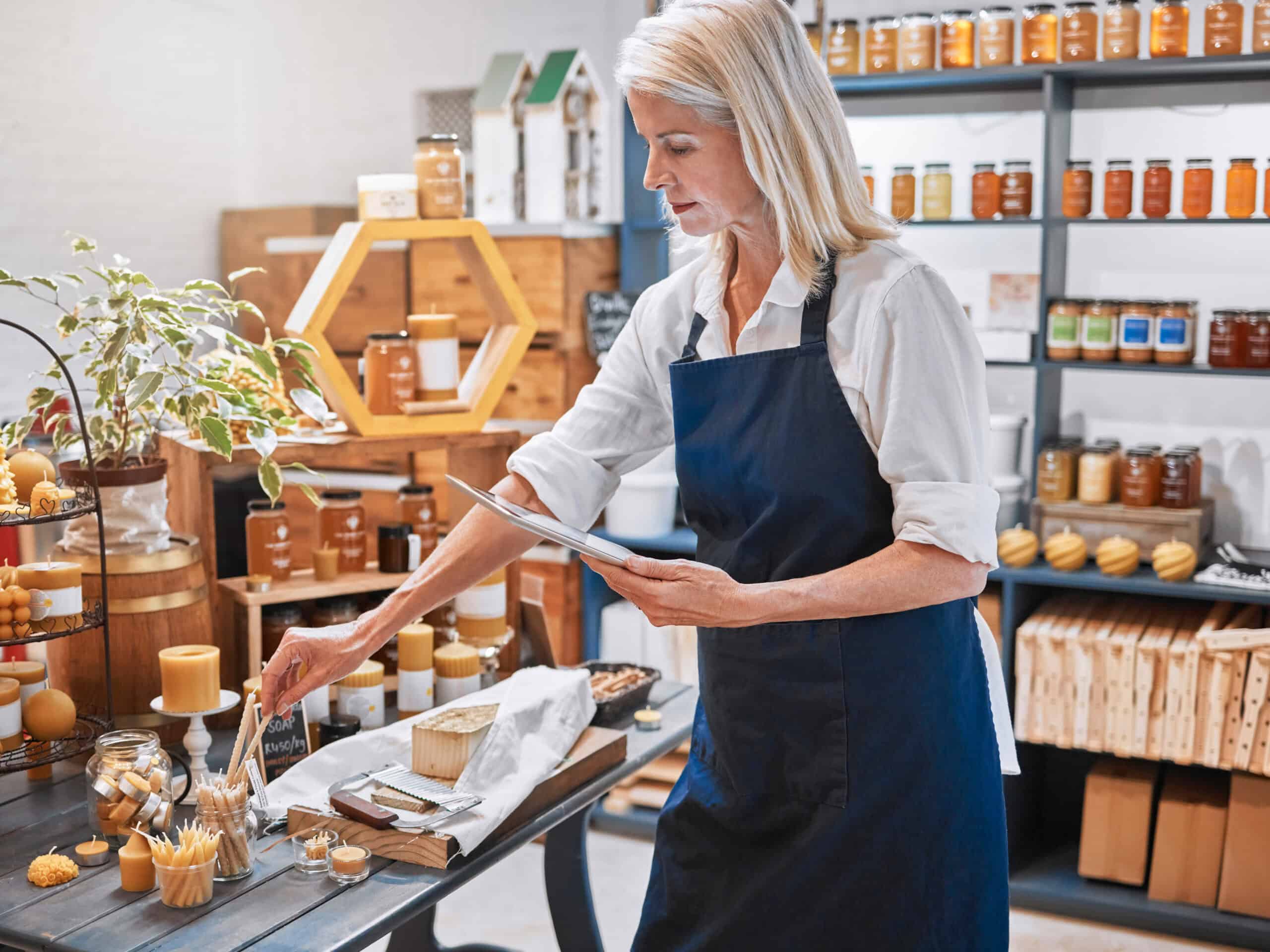
Can Customer Education Drive Your Sales Strategy? Learn How It’s Done
When you’re running a business in a niche market, connecting with customers and growing your company it comes down to getting creative. In particular, teaching customers about your products builds more appreciation for what you bring to the table.
The owners of Tradition Coffee Roasters have taken this approach for years, and it’s placed them among Hawaii’s most beloved coffee spots. In a recent episode of The Power Up podcast, Tradition’s Lindsey Burik discussed her specialty business and customer education strategy.
What Is A Speciality Business?
A specialty retail store separates itself from mainstream competitors by providing high-quality offerings that cater to a particular audience with distinct tastes, preferences, or needs. A specialty retailer finds success by building strong relationships with a customer base that values the company’s expertise and highly exclusive offerings.
Why Do Customers Like Specialty Businesses?
Personalized shopping experiences
Unlike larger retail chains, a specialty retail store has a more intimate atmosphere that allows for direct interactions between customers and employees. Staff members make an effort to address shoppers by name and get to know them as valued customers. This creates a more engaging and satisfying customer experience.
Superior product quality
Because a typical specialty retailer is small and needs to stand out in the market, it’s more likely to prioritize quality over quantity. This results in products with superior performance, durability, and quality. The close attention to detail gives shoppers confidence that they’ll be happy with their purchase and leads to higher customer satisfaction.
Staff expertise
Because specialty stores operate in niche markets, their employees have extensive knowledge and expertise in their field. This makes shopping easier for customers, who can rely on staff to find exactly what they need. It’s a fast route to strong customer loyalty.

Challenges Of Running A Specialty Business
Attracting customers at a higher price point
Unlike mass-market brands, specialty retailers sell items for higher prices due to their quality or exclusivity. As a result, attracting customers willing to pay a premium price for your unique products is one of the biggest challenges shop owners will encounter.
Expanding your audience base
Although catering to a narrower audience fosters loyalty and repeat business, it also limits your potential for small business growth. For example, a woodworking shop might have a customer base of people who adore handcrafted and artisanal furniture. Reaching everyday shoppers could prove difficult for this specialty retailer because its products might not fit their budget or broader preferences.
Managing inventory
Whereas big stores have most items readily available, it can sometimes take a while for a retailer to get products in stock. The supply chain for specialty items moves slower because of limited materials or the time it takes to make them. This slower pace means the shop must manage its inventory effectively to keep a steady flow of goods moving in and out of the store.
Educating your customers
Customers might not fully understand why they should buy niche products. For example, shoppers might be used to getting tea from their local supermarket and not realize the benefits of artisan blends from a tea shop. This specialty retailer needs to invest more in marketing to show what sets these teas apart from those at the grocery store.

Why Educating Your Customers Is Crucial For Specialty Stores
It improves customer satisfaction, retention, and loyalty
Educating your customers helps them see why your products are worth choosing. When shoppers feel great about what they’re buying, they’re more likely to come back to your store.
Consider, for example, a bakery that sells only vegan pastries. Normally, customers might not see what makes this bakery different from the one down the street. However, the vegan shop focuses on highlighting the benefits of using cruelty-free and environmentally friendly ingredients. The more customers understand the reasons behind this shop’s choices, the more likely they are to return.
It boosts brand reputation
People like knowing they’re buying from a company that cares about its customers and wants to help them make the best decisions about their purchases. Showing shoppers your expertise adds value to your brand and products.
For example, Leesa is a hybrid mattress retailer that prioritizes educating customers on all things sleep-related. This specialty retailer’s website features a content library covering topics from choosing the right mattress firmness to improving sleep quality. These articles demonstrate Leesa’s expertise and commitment to helping customers learn everything they need to know to feel confident in their mattress choice.
It gets your customers exactly what they want
As you teach your customers about your products, you learn about their needs, empowering you to recommend the perfect products for them. Consider a service that Dragonfly Running Company offers called the Fit Process. During an in-store consultation, this specialty running shoe store invites a customer to walk or run on a treadmill for about 30 seconds.
Dragonfly carefully examines the customer’s movements, weight distribution, and foot strike pattern. A brand representative then chats with the customer to teach them about their running biomechanics and the types of shoes that will improve their performance. Through this approach, Dragonfly educates people to help them discover products they didn’t know they needed.

Strategies To Grow Your Speciality Business
Expand to wholesale
A great way to expand your customer base is by selling to not just everyday customers but also other stores. When you start to distribute your products via wholesaling, you gain access to a whole new market of potential buyers. Since putting this strategy in place, Tradition Coffee Roasters has experienced significant growth from wholesaling. The business’s sales through this channel now account for about 40 percent of its gross revenue.
Curate a unique offering
Give your business a competitive advantage by going beyond selling products straight from your shelves or stockroom. Explore putting together bundles of items at a discounted price or starting up a subscription service. These strategies give people some extra incentive to buy from you while you introduce them to your different products.
Consider a gourmet chocolate shop that ships subscription boxes. Customers choose their preferred flavors and receive an assortment of signature chocolates tailored to their tastes every few weeks. The shop might also include small bags of nuts that it sells that complement the chocolates. This approach gives customers the unique experience of enjoying chocolate while encouraging them to keep purchasing from the shop as they anticipate their next box.
Build a cohesive brand
Be consistent across sales channels so customers can find the products they love whether they’re in your store or on your site. For Tradition, this approach has meant focusing on cohesion across its wholesale and e-commerce operations.
By keeping its inventory relatively uniform across both channels, Tradition achieves familiarity and reliability for its customers. Whether a retailer learns about Tradition through word of mouth or online, this specialty coffee shop’s consistently available products lead to a seamless shopping experience. This reinforces the brand’s identity and shows retailers and customers they’re getting the same quality products no matter how they shop with Tradition.
Host events, demos, and workshops
These occasions double as opportunities for customers to learn more about your products. A kitchenware store, for example, hosts cooking demonstrations. At the events, professional chefs whip up easy yet tasty ideas for weeknight meals while using cookware sold in the store. This shows customers that the store’s products are ideal for everyday use.
Train your staff to educate customers
Your staff should know more about your products than their prices or when the next inventory shipment will arrive. Make sure your team knows the benefits of everything you sell. This way, they can teach customers how your items enhance their lives.
Imagine, for example, that a customer asks about the ingredients in your handmade soaps. An employee should be able to provide a list and explain the creation process along with each ingredient’s role. The more knowledgeable your staff is about your products and industry, the more customers trust your expertise and feel confident in your business.
Become an industry leader
Show your customers you’re knowledgeable and experienced by establishing credibility. This positions your brand as an authority in its field.
Consider joining the board of an association in your industry or getting your name in a few relevant publications. Having your specialty retail space associated with reputable organizations shows customers that they can trust your brand.
The Q Grader certification is a prestigious accreditation in the coffee industry and signifies expertise in coffee grading and quality assessment. Brian Burik, co-owner of Tradition, is just a few tests away from completing this certification. There are only about 15 other people in Hawaii with the certification, so this achievement will solidify him as a coffee expert. And that will, in turn, further enhance Tradition’s reputation.

The Newsletter For Small Businesses
Weekly expert insights, industry trends, and inspiring stories designed to help you run your business with confidence.
The Only Inventory System That Actually Helps You Run A Healthy Business
Thousands of customers all over the world use Thrive Inventory to run a healthy business.
Thrive Inventory gives you control over all your inventory, sales channels, and metrics, allowing you to make the right decisions at the right time.
Sharing the Knowledge: A Tradition Strategy
For 20 years, Lindsey Buirk and her husband Brian lived in New York. There, they worked, respectively, as an international trader on Wall Street and a firefighter. After those 20 years, though, the couple decided to pivot into a completely different field.
“When [Brian] retired, he was trying to figure out what he wanted to do with his life for a second career. He was always a home roaster [and] home brewer. .. I looked at him and said, ‘I think you’re doing your next passion.’”
From these many ideas and Brian’s years of brewing and sipping coffee, the Buriks founded Tradition Coffee Roasters.
Finding the unique point
After deciding to start their business, the Buriks moved to Hawaii, which is known for its coffee production. Although the move presented an opportunity for the Buriks, there was also the challenge of setting themselves apart from all the other Hawaii-based coffee businesses.
To distinguish themselves, the Buriks focused on selling only specialty coffee with a rating of 80 or higher — only 10 percent of the global market. Tradition also sources coffee that meets other distinguishing factors such as women-owned, Fair Trade certified, and Rainforest Alliance sustainability standards.
“We decided early on that because we’re a premium product, we hold firm on premium pricing,” Lindsey said on the Power Up Podcast. “We’re not the most expensive coffee provider, but we’re also not the cheapest. … That means we’re going to pair [our coffee] with white-glove service.”
A special approach to selling specialty coffee
One of Tradition’s most effective approaches to standing out and bringing in repeat customers is teaching them about the coffees they love.
“We do a lot of education around coffee, so we’ll teach people this exact concept [of coffee grading]. … What we really focus on is making specialty coffee approachable. Whether you like a light roast or a dark roast, or you brew with a K cup or a French press, all of that is great with us. We’re just here to help you elevate your coffee game to the extent that you would like to.”
To expand on this education model, Tradition offers a subscription that sends customers a different bag of coffee every month. This service introduces customers to new types of coffee that they might just love. The business also hosts Coffee Talk Mondays to give customers an even deeper understanding of beans and brews.
Getting up close and personal
When customers visit Tradition’s location, they can take a tour and watch as beans are roasted to learn more about the process. Lindsey says one of Tradition’s priorities is helping customers become more experienced with coffee flavors.
The business also offers a coffee cupping class (the coffee equivalent of wine tasting). Providing people with a look at what goes into making their favorite brews has proven immensely successful for Tradition.
“Most people don’t know how to explore coffee. They think it’s just light, medium, and dark, whereas we’re introducing them to… ‘How did this fermentation process affect the coffee?’ [or] ‘How did this honey or natural process affect the coffee?’” We’re showing people all that and describing it so they understand what they’re doing.”
Great service, quality beans, and comprehensive education make Tradition anything but ordinary. The brand is completely unique in the world of coffee.
Taking The Educational Approach
Think of your customers as more than consumers — look at them as open minds you can teach about the value of your products and services. This can deepen their understanding and appreciation of your brand, leading to more sales and stronger relationships. To learn more about strategies for growing your specialty business, check out this episode of The Power Up, “Customer Education Propels Growth.”
Keep Reading

The Newsletter For Small Businesses
Weekly expert insights, industry trends, and inspiring stories designed to help you run your business with confidence.
Try Thrive Inventory For Free
Add Thrive Inventory to your business and maximize your potential. With powerful and easy-to-use products, it’s time to take control of
your business and see what you can do with Thrive.




